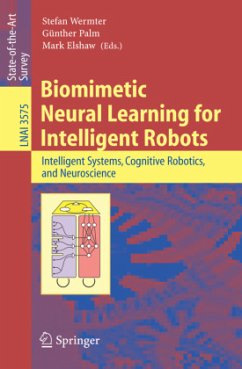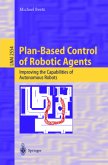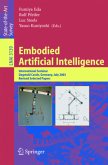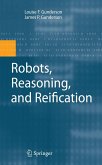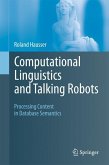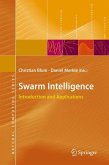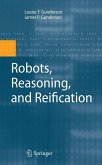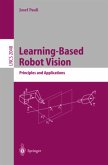This book presents research performed as part of the EU project on biomimetic multimodal learning in a mirror neuron-based robot (MirrorBot) and contri- tions presented at the International AI-Workshop on NeuroBotics. The ov- all aim of the book is to present a broad spectrum of current research into biomimetic neural learning for intelligent autonomous robots. There is a need for a new type of robot which is inspired by nature and so performs in a more ?exible learned manner than current robots. This new type of robot is driven by recent new theories and experiments in neuroscience indicating that a biological and neuroscience-oriented approach could lead to new life-like robotic systems. The book focuses on some of the research progress made in the MirrorBot project which uses concepts from mirror neurons as a basis for the integration of vision, language and action. In this book we show the development of new techniques using cell assemblies, associative neural networks, and Hebbian-type learning in order to associate vision, language and motor concepts. We have developed biomimetic multimodal learning and language instruction in a robot to investigate the task ofsearching for objects. As well as the researchperformed in this area for the MirrorBot project, the second part of this book incorporates signi?cant contributions from other research in the ?eld of biomimetic robotics. This second part of the book concentrates on the progress made in neuroscience inspired robotic learning approaches (in short: NeuroBotics).

